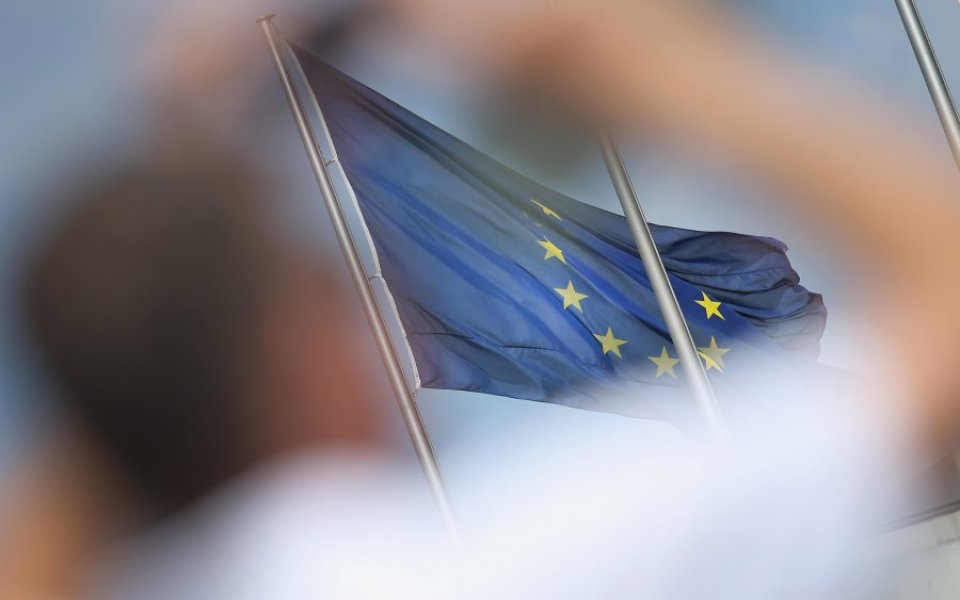Elites need to beware of angry anti-EU voters

One of the main criticisms of the European Union is that it is a project of the elites.
Such a view is not hard to justify. Just look at the contempt with which the EU holds public opinion.
On the night of the 2005 French referendum on the proposed EU Constitution, Jean-Claude Juncker (then Prime Minister of Luxembourg and holder of the rotating EU presidency) was waiting with officials and journalists for the result to be displayed on screens.
France had used an electronic ballot, so as soon as the polls closed the results would be displayed. More than half – 55 per cent of voters – rejected the constitution. What did Juncker do at this stage? Did he feel humbled by the will of the people? No. He turned calmly to waiting journalists and said: “They will have to vote again.”
As it happened, the French didn’t need to vote again because the constitution reappeared in the form of the Lisbon Treaty and was ratified by the French Parliament without the inconvenience and risk associated with a public vote.
The reason this matters is because now, 10 years on, the people of Europe are expressing their opinions on the grand European project in a variety of ways – whether in voting for anti-establishment parties (on the left and the right) or, in Britain’s case, by gearing up for an emphatic referendum on membership. And do you know what? Support for that membership is overwhelmingly concentrated among the so-called “informed public” – defined as university-educated, high earners and with a declared interest in politics.
According to Edelman’s latest Trust Barometer (a huge survey of public sentiment), 61 per cent of the informed public wish for the UK to remain a member, compared with just 34 per cent of those in the poorest households. Indeed, 47 per cent of those polled from low income households would vote to leave the EU.
This represents a profound challenge for the campaign to keep Britain in the EU. Why? Because the angry and the poor outnumber the rich and the well-educated. Those who feel they have little to lose are less likely to fear change than those who feel the benefits of the status quo. In this context, the pro-EU campaigners have their work cut out.